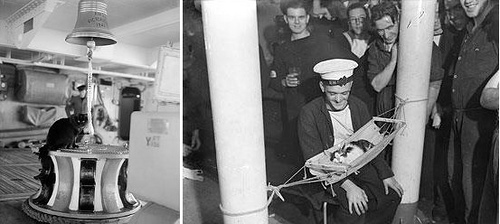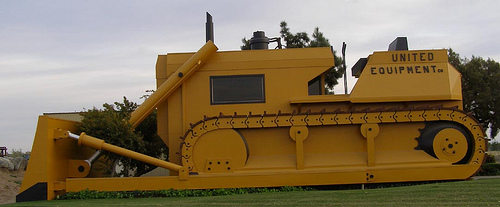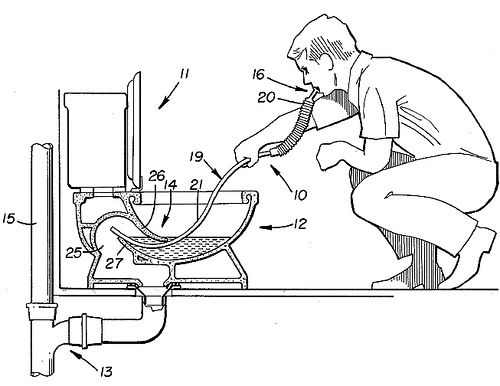Seeing so many meteorological phenomena in your excellent paper, Knowledge, I am tempted to ask for an explanation of the following, which I saw when on board the British India Company’s steamer Patna while on a voyage up the Persian Gulf. In May, 1880, on a dark, calm night, about 11.30 p.m., there suddenly appeared on each side of the ship an enormous luminous wheel whirling round, the spokes of which seemed to brush the ship along. The spokes would be 200 or 300 yards long, and resembled the birch rods of the dames’ schools. Each wheel contained about sixteen spokes, and made the revolution in about twelve seconds. One could almost fancy one heard the swish as the spokes whizzed past the ship, and, although the wheels must have been some 500 or 600 yards in diameter, the spokes could be distinctly seen all the way round. The phosphorescent gleam seemed to glide along flat on the surface of the sea, no light being visible in the air above the water. The appearance of the spokes could be almost exactly represented by standing in a boat and flashing a bull’s-eye lantern horizontally along the surface of the water round and round. I may mention that the phenomenon was also seen by Captain Avern, commander of the Patna, and Mr. Manning, third officer. Lee Fore Brace.
— Knowledge, Dec. 28, 1883
See Light Show for a remarkably similar account.




